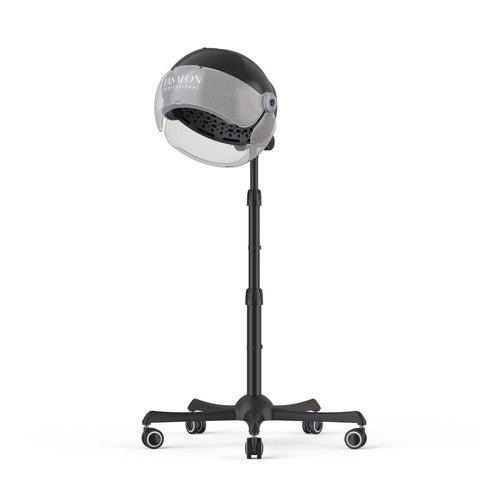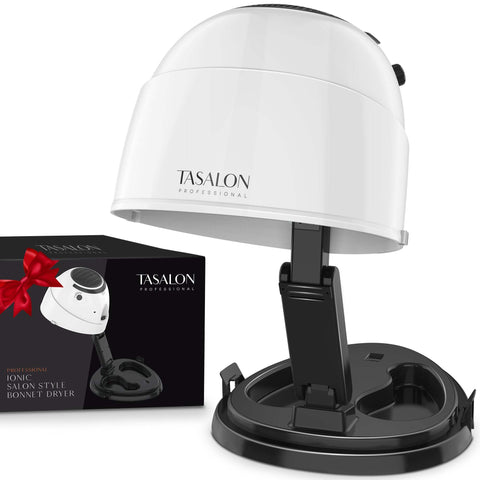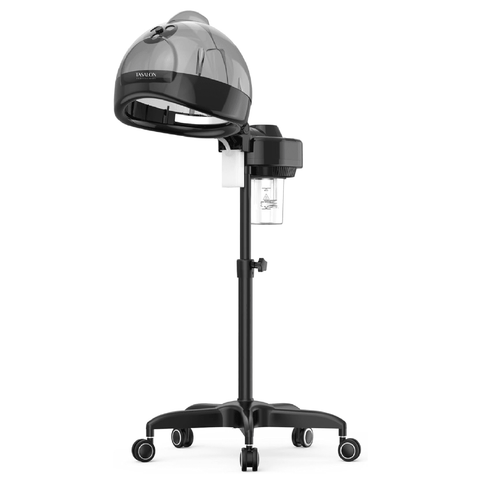How do hairdressers deal with customer rejections?
Today's hairdressers are complaining that it is getting harder and harder to market to customers. So how do you get customers to trust themselves? How to be a better hairdresser?
Trust is the key to selling a product, that is, trust strengthens efficacy.
The first is the knowledge stage: hairdressers use professional skills and expertise to convince customers. At this stage, the hairdresser needs to subtly demonstrate your expertise and make customers trust you. Customers may not fully understand your knowledge, but it's enough to make them feel like you're right. Because, this is a good impression that is conducive to further persuasion.
The second is the psychological stage: the psychological stage is to supplement the intellectual persuasion in the stage to strengthen the positive impression. First of all, to cater to the individual's temperament, to create an atmosphere of trust and recognition, usually in this atmosphere, customers are more likely to accept the advice and persuasion given by the beauticians.
Usually men believe what they see and women believe what they hear. All women are more or less receptive to the sweet words of men.
Secondly, hairdressers should be good at seizing the opportunity to meet with customers individually.
How to consult and analyze hair with customers in a quiet meeting room is far more effective and lasting than in a noisy hair salon. Some hairdressers will hope to define their relationship with customers at the level of friends and confidants, and through this relationship, they can grasp the psychology and trends of customers, but it is meaningless to do so.
First, the establishment of personal relationships is time-consuming, and it delays the promotion of commercial sales; Because the content of these conversations cannot lead to practical benefits. Second, customers will be uneasy about the secrets they have told you, they will be disgusted with their own indiscretion, and they will be afraid that you will leak them rashly, which will make your relationship with customers more insecure.
What should not be said: It is not easy to talk about politics, not easy to talk about religion, not easy to talk about personal privacy.
What to say: Once you have a customer's personality and taste, you don't need to pretend that you like what she likes, but try to talk about what she likes. Gradually, spontaneously recount herself when talking about topics she loves, and that's when you know more clearly what she really needs.
Finally, hairdressers should be good at understanding the inner needs of customers.
The essence of how to hairdressing is to modify the shape of the face, and the inner needs of modern women for hairdressing are nothing more than the hope of regaining the youth that has gradually passed, and the self-confidence that accompanies the passage of youth.
So when a customer enters the hair salon, what she expects is a plan that will improve her appearance, and if after just an hour and a half, the customer's hairstyle has improved significantly, then the next "selling products" stage will be much easier.
























